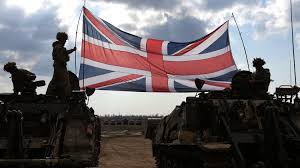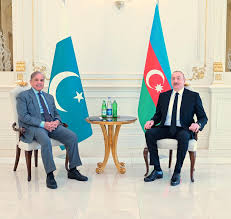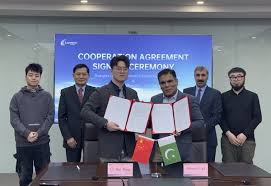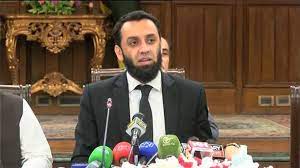UK hikes defense spending to 2.5 percent by cutting aid

London: The United Kingdom will increase defense spending to 2.5 percent of GDP from 2027 by cutting the international development budget, Prime Minister Keir Starmer said Tuesday.
Starmer was speaking ahead of his visit to Washington, D.C. to meet United States President Donald Trump later this week.
The government pledged to reach 2.5 percent spending on defense when it entered office last July, but had not set a timeline. Starmer said the spending increase would now be brought forward and maintained for the rest of the parliament, which runs to 2029.
The prime minister also said he hoped defense spending could increase to 3 percent in the next parliament, subject to fiscal conditions.
The move will be funded by cutting international aid spending from 0.5 percent to 0.3 percent of gross national income from 2027.
“This government will begin the biggest sustained increase in defense spending since the end of the Cold War,” Starmer told MPs, adding that “a generational challenge requires a generational response.”
The extra funds mean the U.K. would be spending £13.4 billion more on defense from 2027.
The prime minister also raised the importance of Britain’s intelligence services as an “increasingly vital part of protecting both us and our allies,” with defense spending rising to 2.6 percent when they are included.
Earlier this month Jonathan Reynolds, the business secretary, told Sky News that the U.K.’s “contribution to the intelligence services should be, I think, considered part of that contribution to collective Western security.”
Asked by POLITICO whether intelligence spending would be counted as part of the U.K.’s defense commitment, Downing Street said there were no plans to redefine defense spending.
Starmer will highlight this extra spending — as a sign of the U.K.’s commitment to defense — when he meets Trump to discuss the war in Ukraine later this week.
The U.S. president has stressed European nations must spend more on defense, and said the U.S. will not be involved in peacekeeping operations after a deal between Moscow and Kyiv is agreed.
“This investment means that the U.K. will strengthen its position as a leader in NATO, and in the collective defense of our continent,” Starmer said.
The PM insisted Britain’s approach to defense saw NATO as the “bedrock” of security. He rejected a “false choice” which pitted U.S. relations against EU relations.
Starmer instead promoted “winning peace through strength.”





